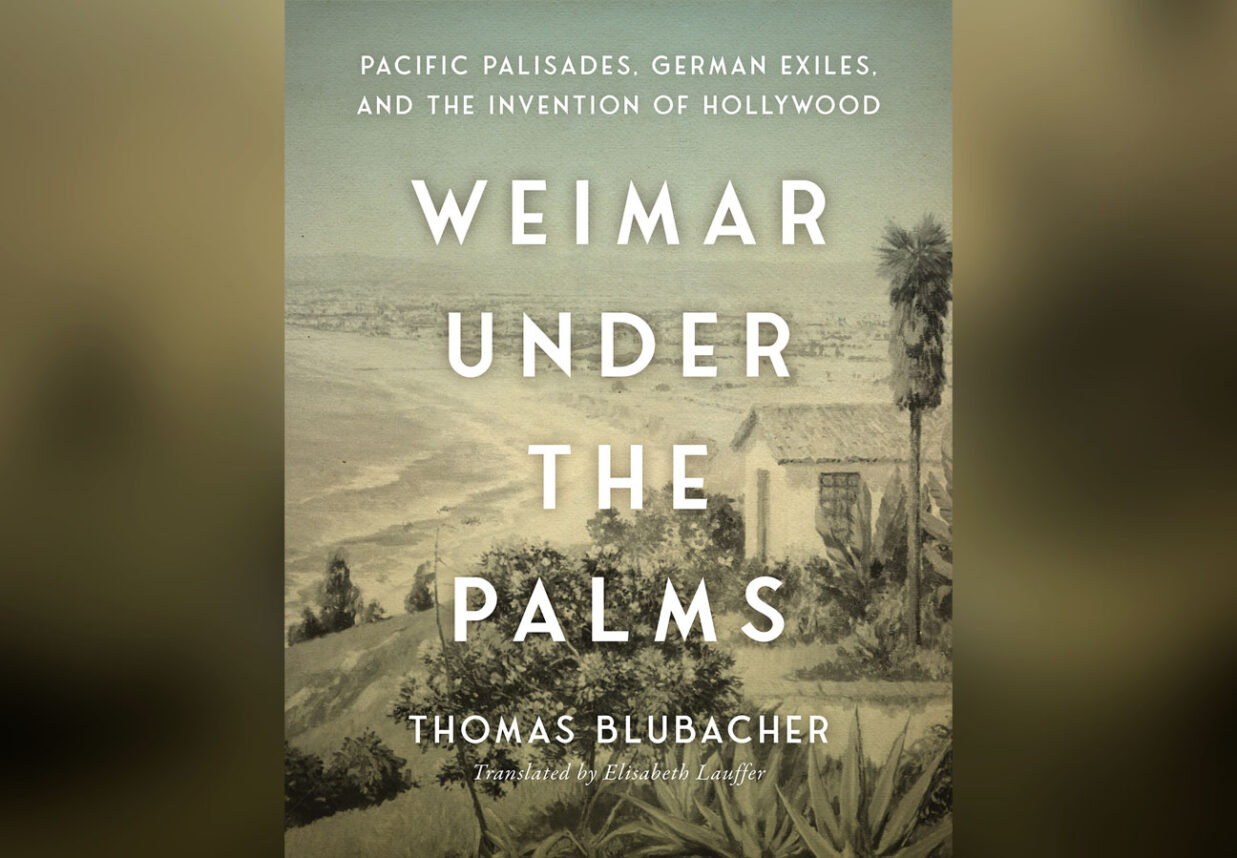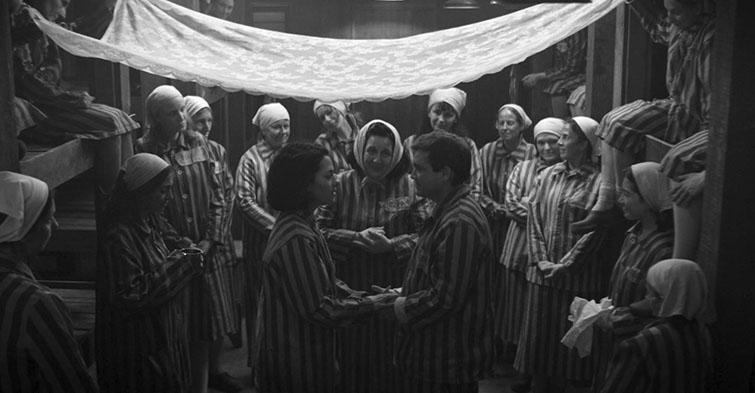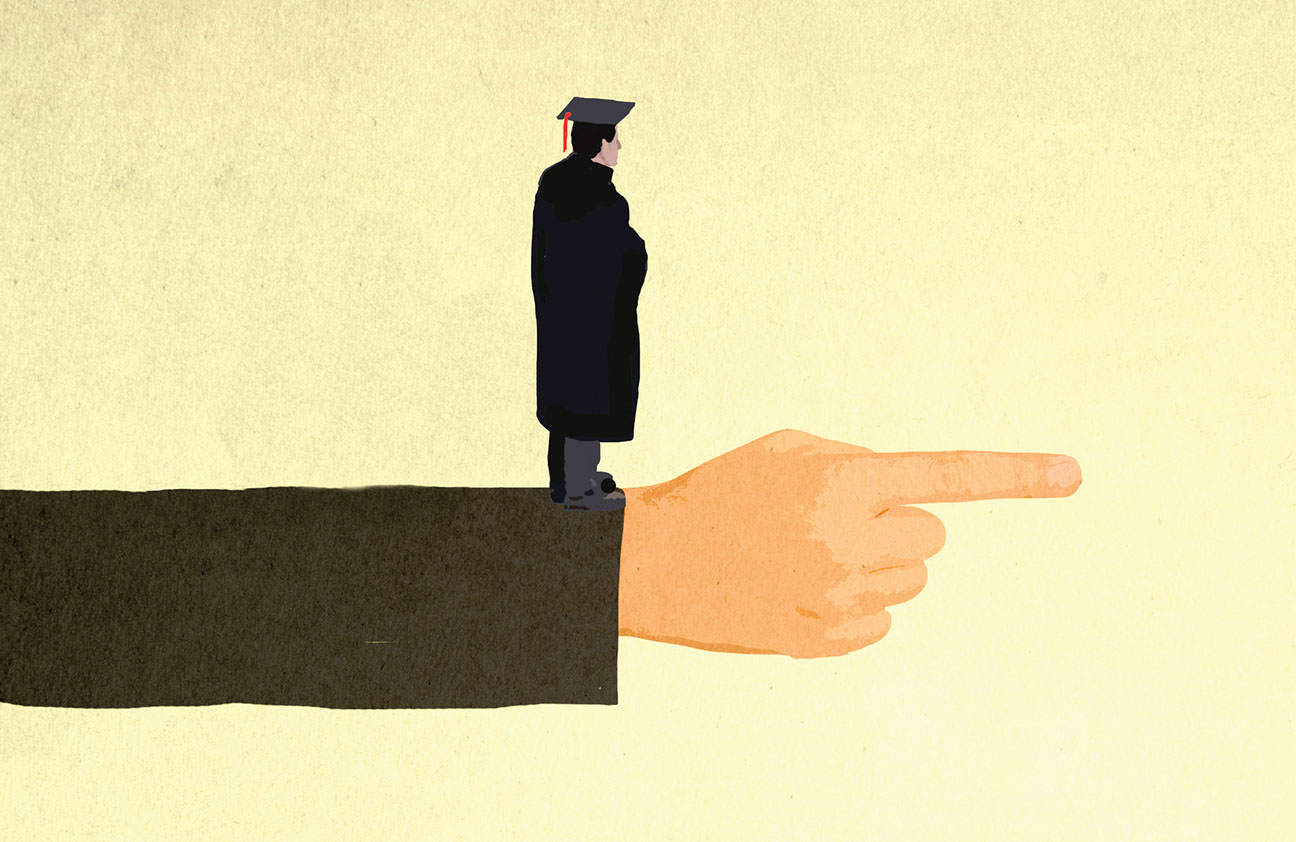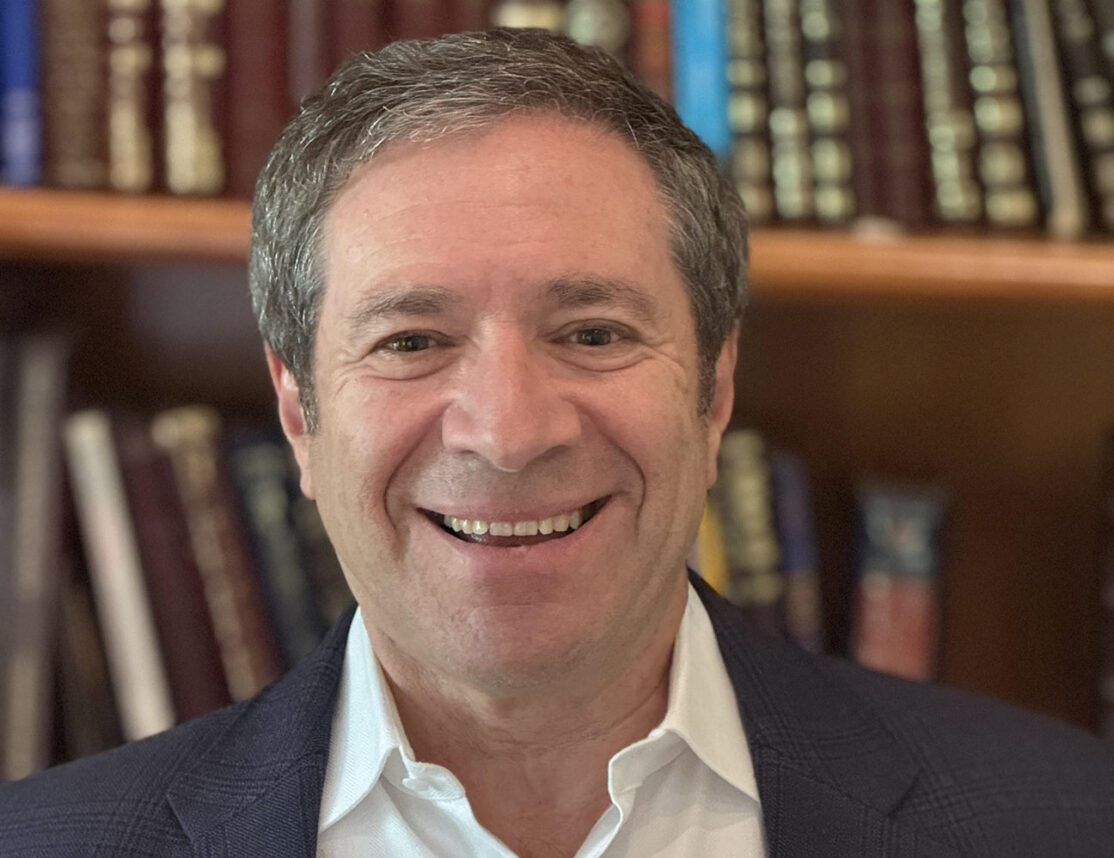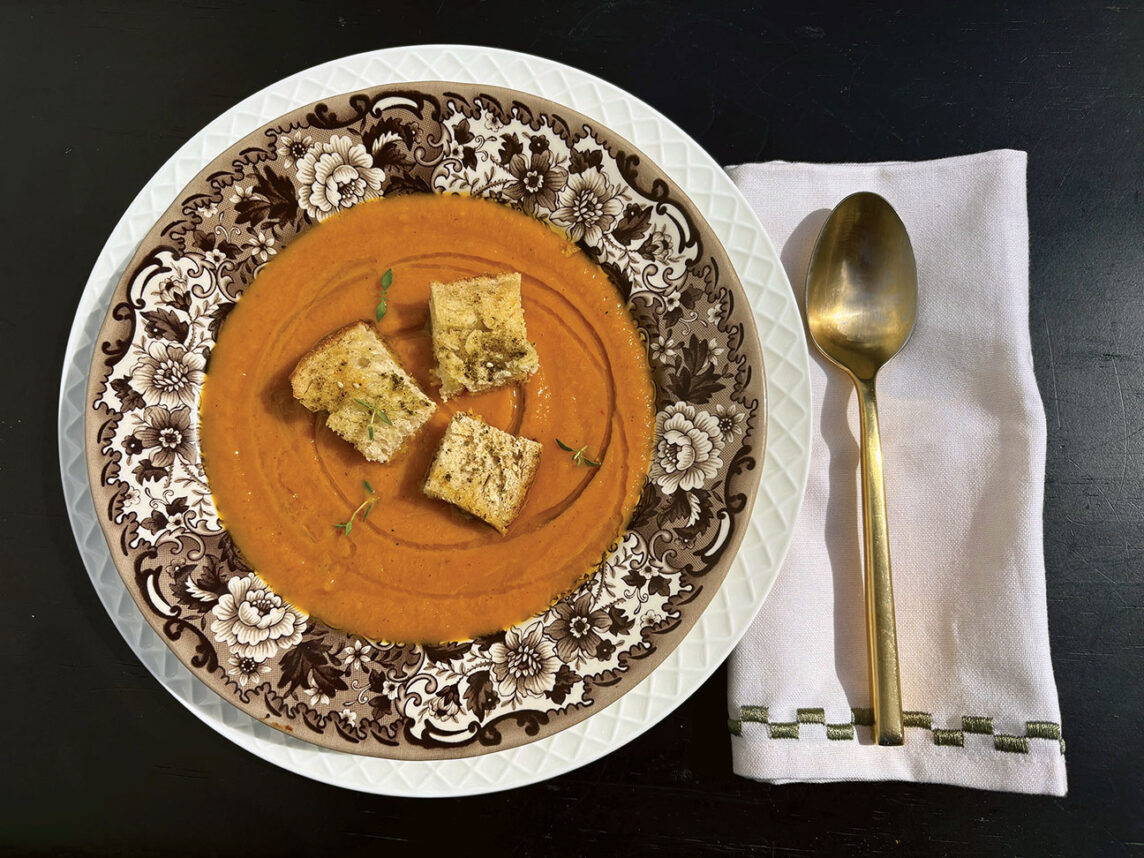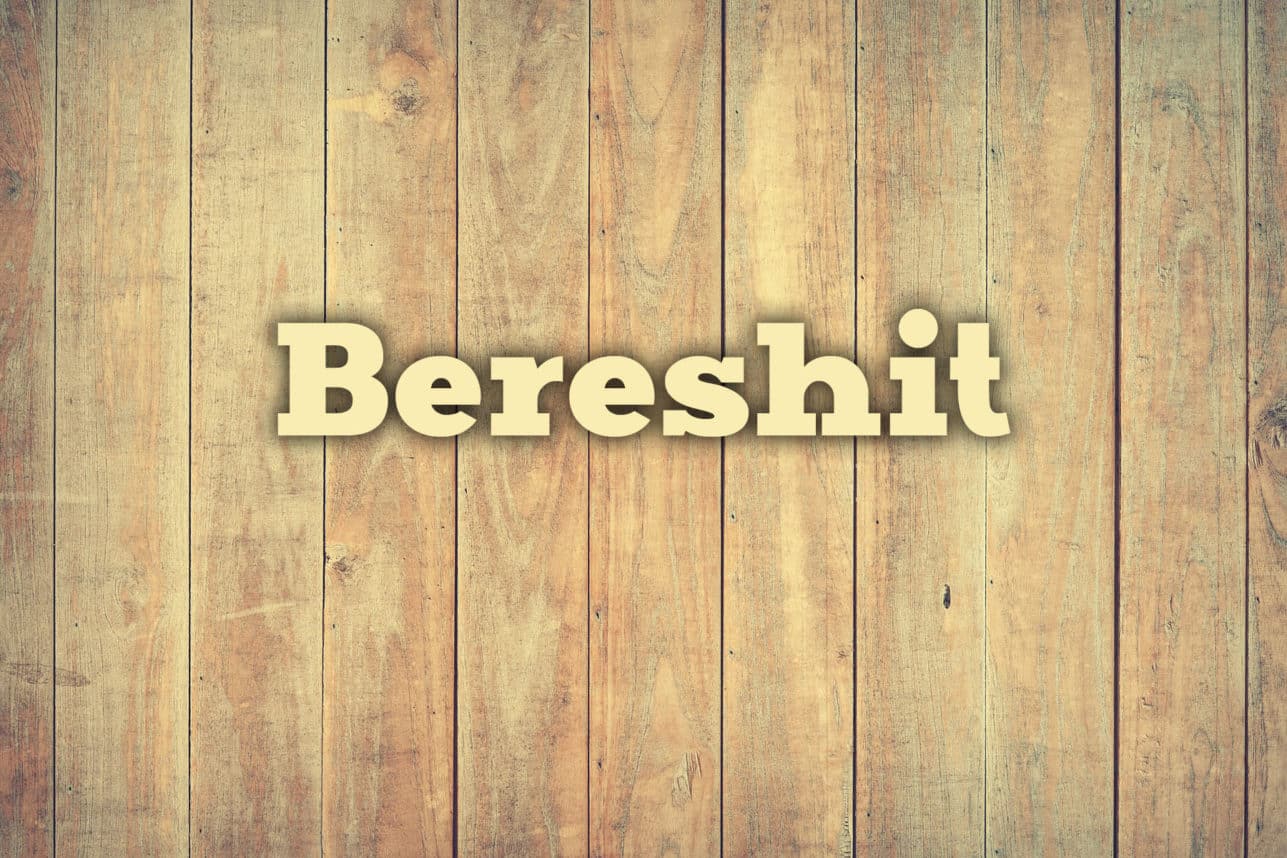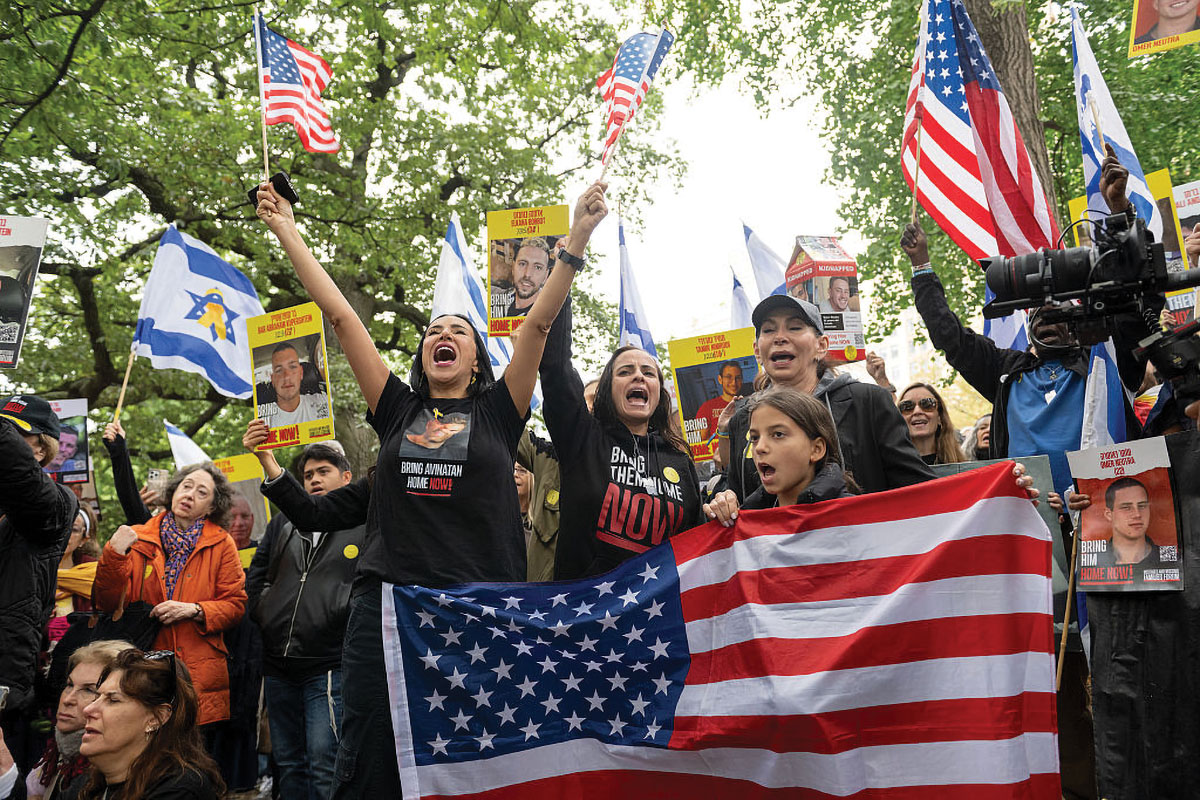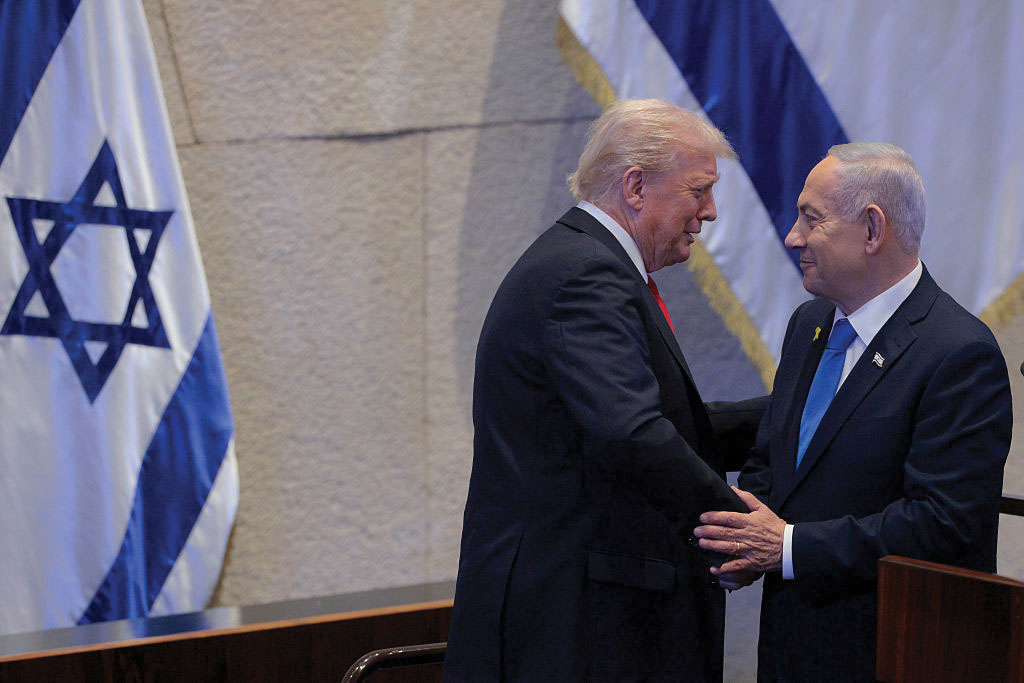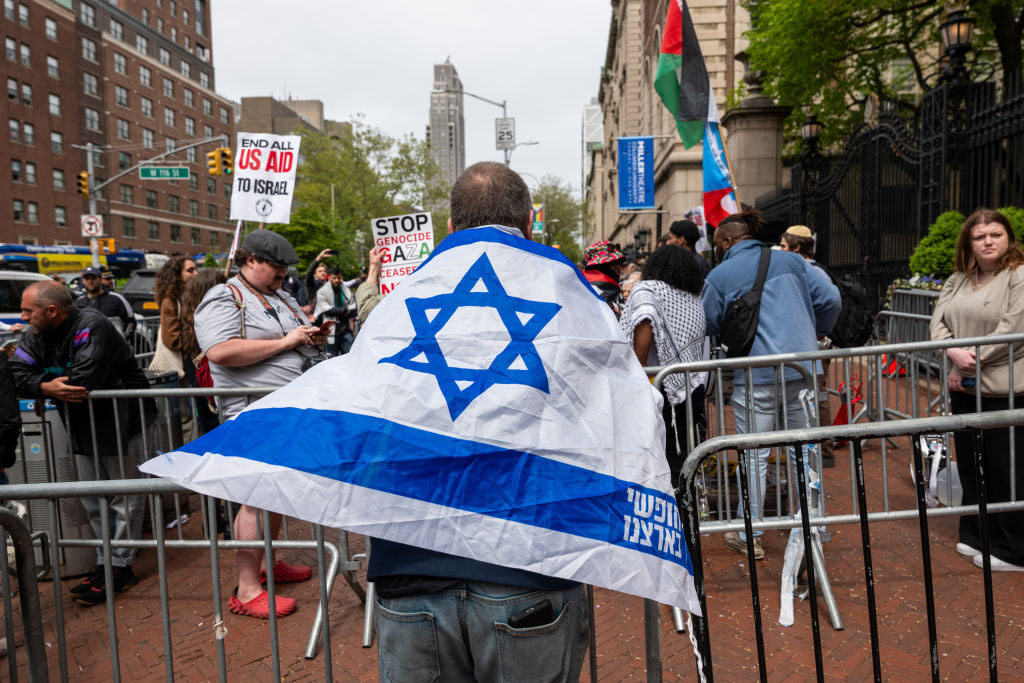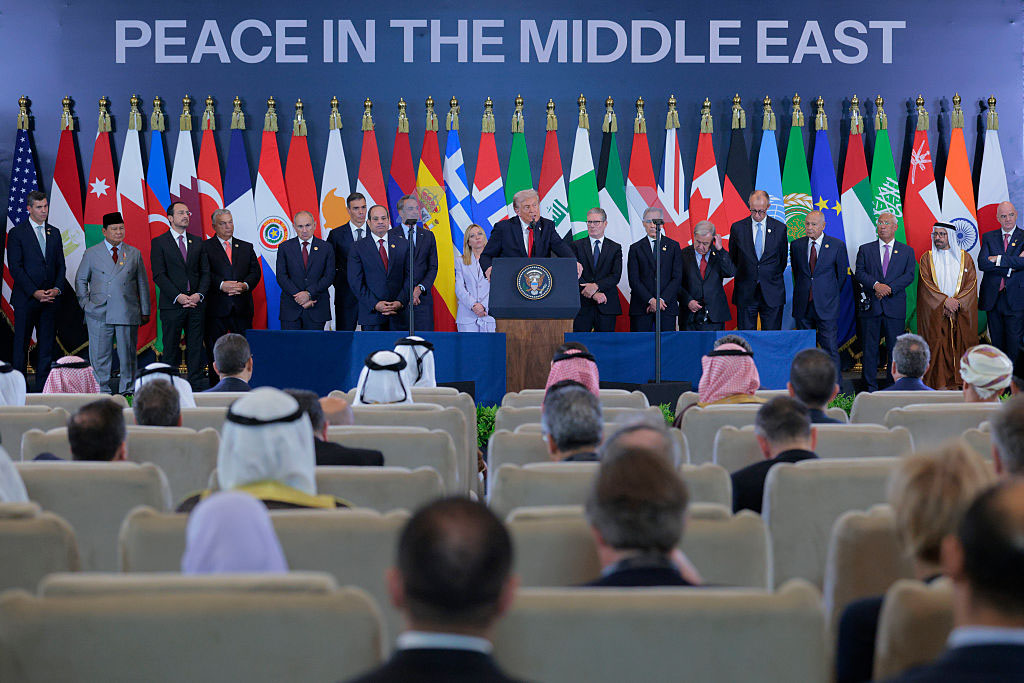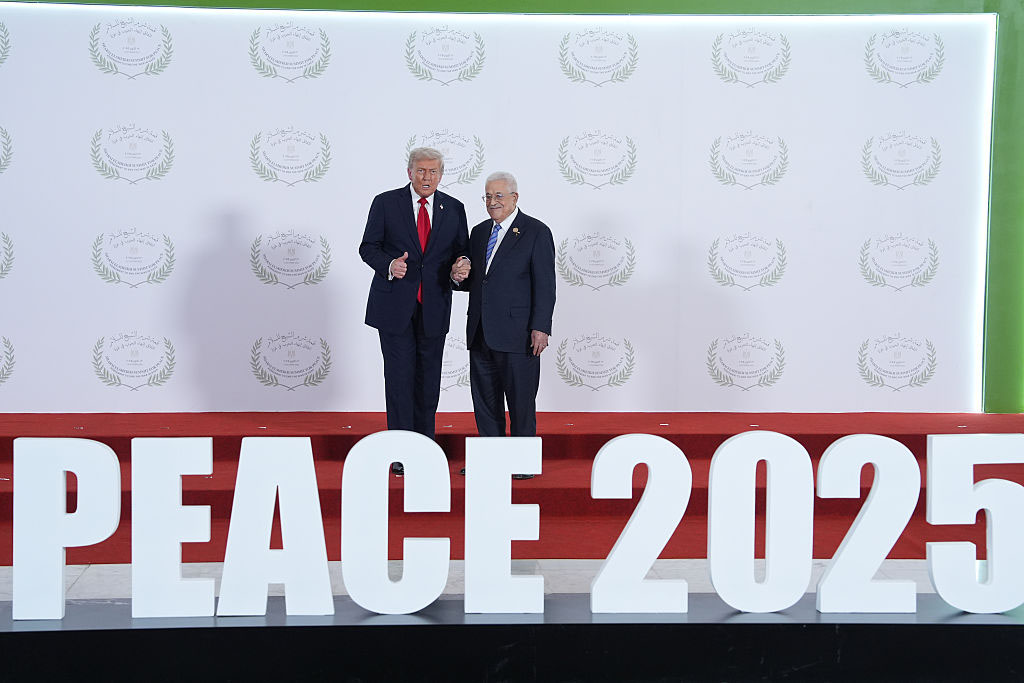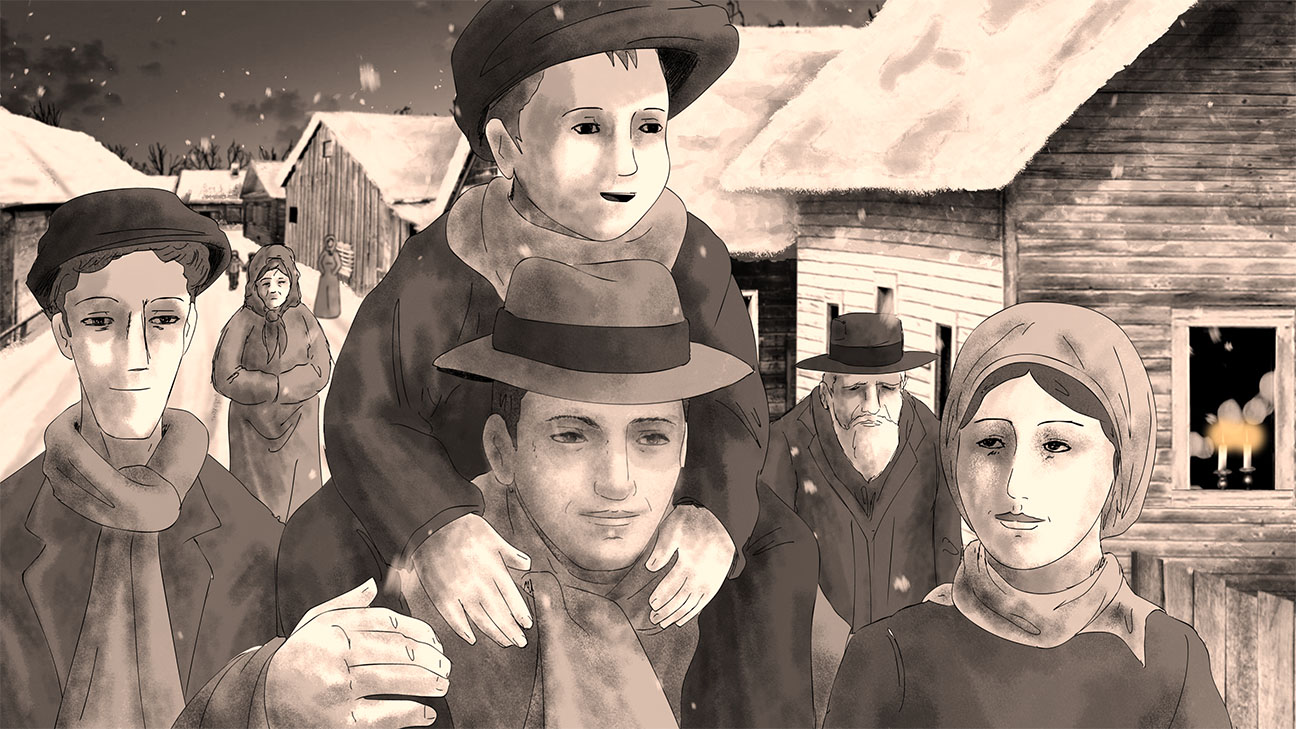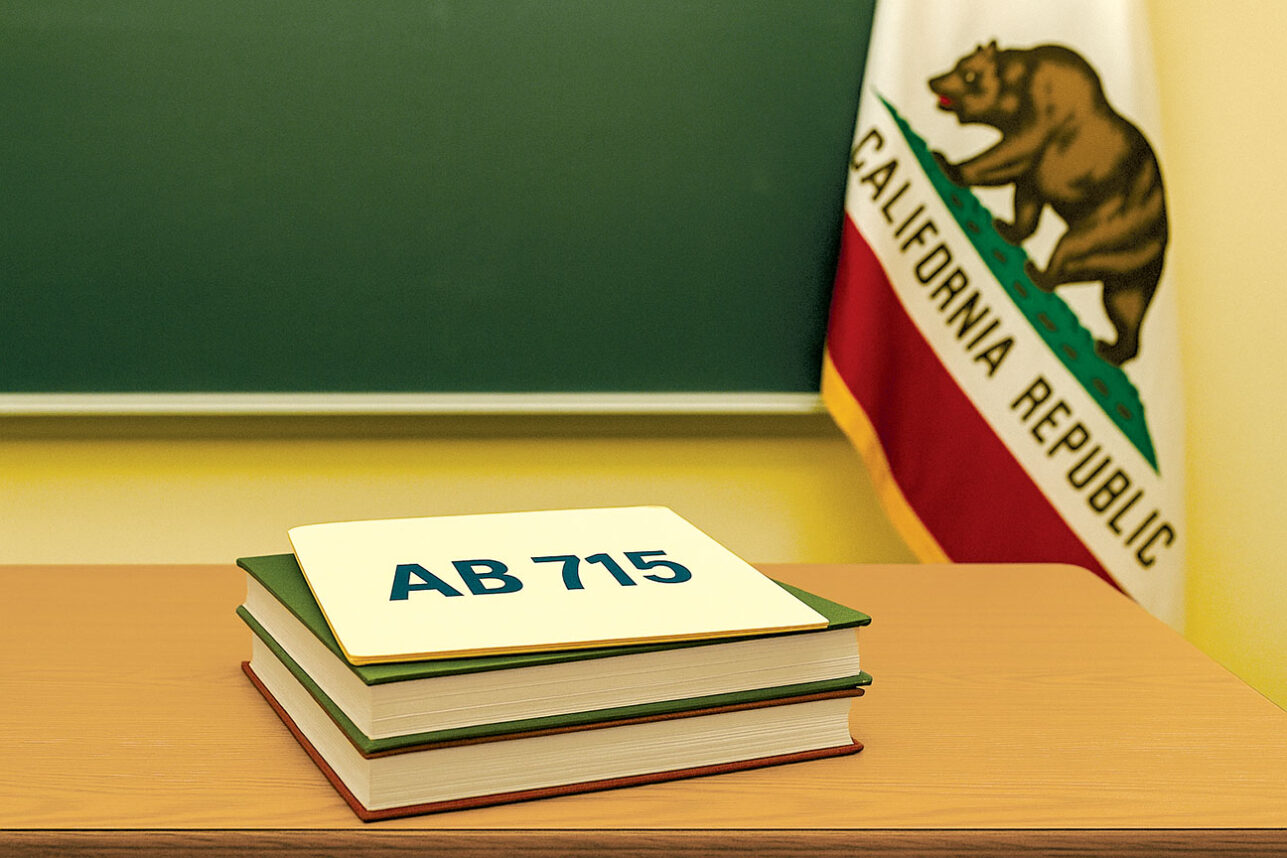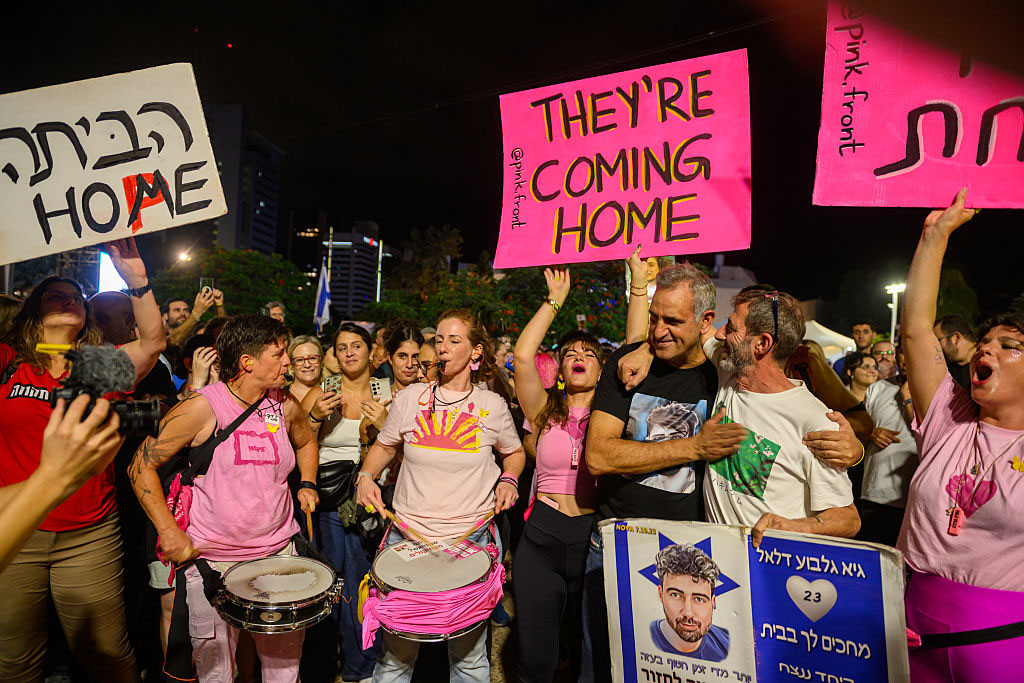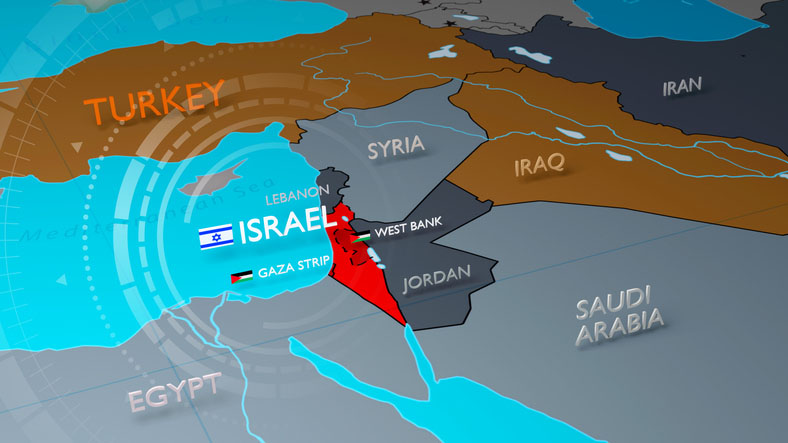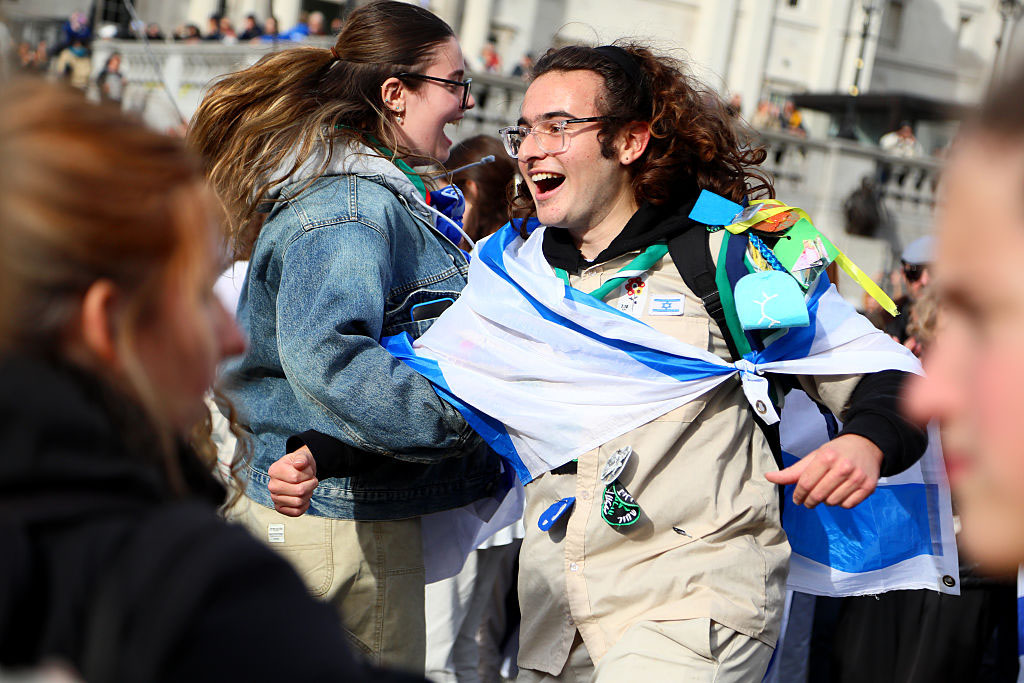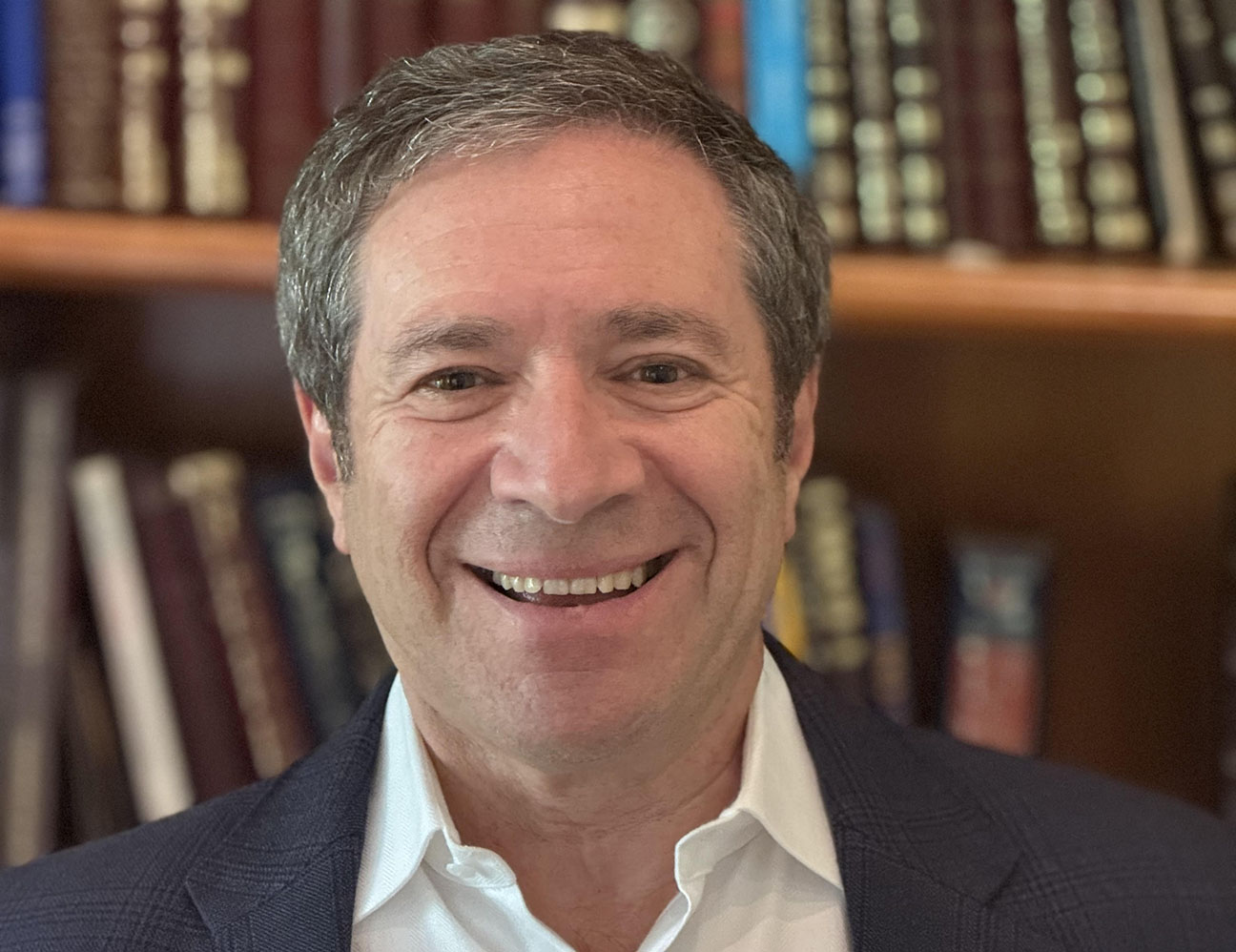
This book intrigues, astonishes, and inspires. Irwin Katsof combines rich descriptions of business ventures close to home and far away, sometimes in dangerous places.
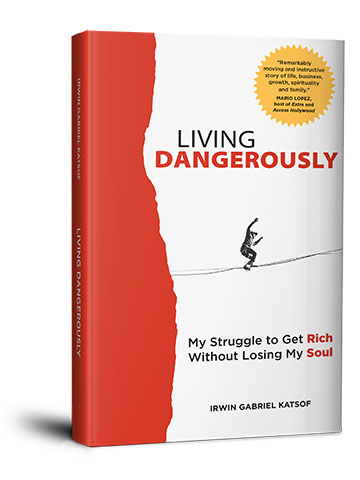 He calls the book “the story of my worst of times and my best of times” and is painfully honest throughout. It is the perfect book to read before Rosh Hashana.
He calls the book “the story of my worst of times and my best of times” and is painfully honest throughout. It is the perfect book to read before Rosh Hashana.
Katsof, a ba’al teshuva, at 24 was back-packing through Europe in 1979. He ended up in Aish HaTorah in Jerusalem for the High Holidays, where he was deeply impacted by the classes of Rabbi Noah Weinberg. “I started slowly, but by the end of the year I was fully committed to the Torah path.”
Three years later he met his future wife, Judy, who he calls “sensitive and brilliant.” She plays a very big part in his life, including during the most challenging times.
Three years later Katsof was sent by Aish HaTorah to Los Angeles to organize their first fundraising banquet, which led to his opening an Aish branch in L.A. He proposed to Judy on the phone so he could sign the lease on an apartment, that included her name. This bold move became the hallmark of his behavior in fundraising and later in business. He became an ordained rabbi and teacher and was successful in reaching out to Jews of different ages seeking meaningful Judaism.
For 22 years Katsof was successful in bringing potential donors — corporate people, politicians and Hollywood stars — to Aish in Jerusalem, a task at which he was eminently successful. He became the Executive Director of The Jerusalem Fund of Aish HaTorah. One mission was led by Larry King, with whom he wrote the book – Powerful Prayers – and they were hosted by King Hussein of Jordan. Katsof describes running through the palace grounds with a present for the King and almost getting shot by the palace guards.
He cast a wide net. “I recruited Jason Alexander to participate in the Aish Discovery program and met with Jerry Seinfeld about our ‘Words Can Heal’ program.” He met with refuseniks in the Soviet Union and launched the program “Help Our People Know” while he was in L.A., “to raise public awareness about the plight of Soviet Jews.”
After 22 years, he decided that rather than asking others for money, he’d work at becoming wealthy enough to donate money himself.
Rabbi Noah Weinberg had a massive influence on his life and “[I]f it wasn’t for Aish, I would never be who I am today…” When he consulted with Rabbi Weinberg regarding his new plan to become successful in business, the rabbi gave him his blessing, and said, “[D]on’t forget why you are doing it… Feel [the Almighty’s] pain at the suffering of His children…and ask yourself what you can do to help them.”
“As of January 1, 2005,” writes Katsof, “I was self-employed.”
As a budding entrepreneur, he is devoted to giving tzedakah. He meets Rabbi Zilberman in the Old City who has a yeshiva and who arranges tzedakah for poor families. Katsof continues the relationship with him throughout the years, and the rabbi continues to pray for his success. They even write a contract.
Katsof quickly discovered that making money in business was not an easy road and that “To meet my goal of giving away $1 million a year, I would have to be making $5 million, after taxes.” He reached out to a friend, who he mysteriously calls only “Paul,” who became a close financial advisor. He takes out loans on his home and from various funds and from friends and family. His deals – and attempted deals that did not work out – were in the U.S., Eastern Europe, Russia and elsewhere.
His stories are hair-raising and sometimes scary, including fear of arrest in Moscow. Months of work may result in nothing; other times, he succeeds (with God’s help, he is always aware). He travels to Odessa, Barcelona, Nepal, Singapore, Abu Dhabi…the list goes on and on.
His financial escapades read like a thriller, a roller coaster of uncertainty, with fear of bankruptcy, and exuberance at successes. There are stories of intrigue, obfuscation and distrust. The political situation in various countries is often precarious, and occasionally a deal that collapses turns out to be a blessing in disguise.
Katsof is always aware that anything he has is from God, and believes with all his heart that only if he behaves in a way that is in keeping with Torah and mitzvot, will God smile on him and his ventures. He struggles with setting aside time for Torah study and for praying in a minyan. He writes, “We cannot often see God’s presence…but in hindsight…His role is suddenly all too clear.”
He meets with US presidents and European and Israeli prime ministers. He works on projects that he hopes will improve the world. He becomes involved in renewable energy.
He was hired by a group of oligarchs from Kazakhstan to establish the Global Foundation for Democracy and in 2007 he organized the first Global Conference in Geneva for them with 15 former world leaders and diplomats. Some of the become personal friends. He has an adventurous chapter on the time he spent on the Virginia farm of U.S. Attorney General John Ashcroft.
In 2010, as director of America’s Voices in Israel, he brought the cast of the hit TV show “House” to Israel. One of its stars, Omar Epps, has a warm blurb on the book jacket. Katsof says, “He is a Moslem. He is a deep, sensitive and empathetic human being and we became close friends and are still in touch today.” He also met Cameron Jordan and others from the NFL.
Katsof contacts Rabbi Zilberman often, asking him, again, to pray for him. On some occasions the rabbi gently asks him about his religious practice.
He becomes addicted to his Blackberry and business ventures and realizes that it is severely reducing his quality time with his children and that his marriage to a woman who he adores, and who he describes as his “rudder and anchor,” is seriously in jeopardy. Their anguish is deep and painful.
They try various therapies. We are let into his innermost pockets of pain, regret, and self-doubt. Eventually they find their way together. Today they live in Jerusalem, and he returns to America for part of the year. He is most proud when writing or speaking about his eight children – all of whom live in Israel– and his 25 grandchildren.
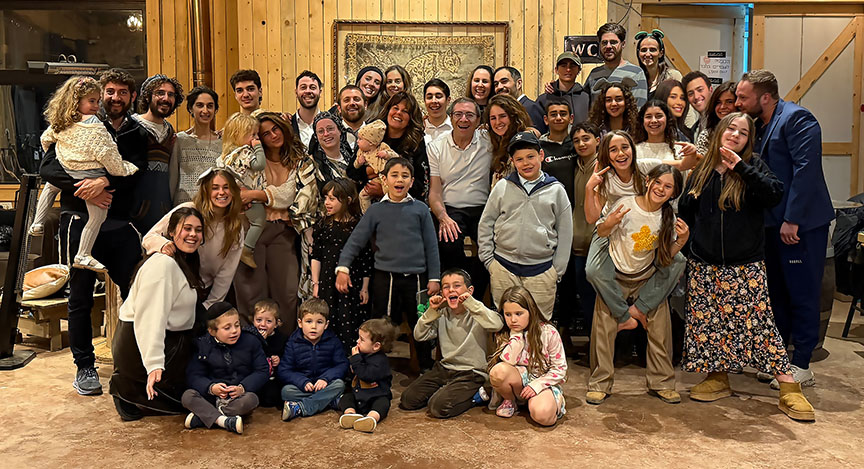
Katsof lists eight tips he would tell someone thinking of going into business or finance. The first is: “Stay at your current job until you have at least eighteen months of savings in the bank.”
“Living Dangerously” moved and fascinated me, and led me to ask, “What can I take from this to improve my own life?”
Speaking with Irwin Katsof
I asked him what compelled him to write the book.
“I’m a big believer in the quote that words from the heart, enter the heart…When I left Aish HaTorah and went into business, it was overwhelming and frightening.” He found solace in writing a journal. “When I was flying with a business man in his private plane over Ukraine…or when I saw a group of blind and deaf children signing to each other at Ben Gurion airport and I wondered, ‘How does a blind and deaf person experience Manhattan?’ I’d get on the plane and start typing.
“I got perspective on what was happening in my life, and it wasn’t so overwhelming. I was just writing for me. I wondered if the flight attendant was thinking. ‘Oh, there’s the guy crying in 5A again.’ I was just writing for me.”
So why publish?
“Being with Aish Torah for 25 years, every day was meaningful… When I went into business, I missed that, and the sense of helping people.”
In 2012, he writes, “I kind of hit a wall and started my own personal rebirth. I went into therapy —Jungian analysis, and Core Energetics. I took out my journal and thought, ’There are powerful lessons here.’ I cried many times, rereading it.”
He sent 30 entries to editor Uriela Obst Sagiv, a former journalist and Pulitzer nominee, who now lives in the Old City of Jerusalem and had edited one of his earlier books. “She wrote me back, ‘Irwin, this is an absolutely beautiful story.”
She asked if he was sure he wanted to publish something so vulnerable. “I said, ‘It’s my story. And I think it’s so many people’s stories.’”
Katsof’s children include a daughter in Florentine, Tel Aviv and a son in Esh Kodesh in the Binyamin area where he established the Settlers Wine winery. “They’re all very different. We let them know that we love them and believe in them no matter who they are, that they need to follow their own path.”
He is still in touch with Rabbi Zilberman, and with most of his business associates. Today Katsof does trade missions in partnership with the U.S. Department of Commerce through his company, Trademissions.org. “But my main work is assisting U.S. companies and fund managers in raising capital.” He writes that he’s brought over 750 US fund managers to 15 countries where they have met over 10,000 potential investors. In 2023 alone they went to Geneva, Zurich, London, Dubai, Riyadh, Hong Kong, Singapore, Mexico City, Toronto and Montreal.
He runs two to three miles every morning, has a practice of mindfulness when he meditates, and says, “Probably the biggest change for me is I make sure to walk my two-year-old grandson to pre-school every morning…. I have a beautiful family… a sense of peace of mind.
“I learned from my journey to have a balanced lifestyle, not chase every pot of gold. God controls the world and He will decide what’s going to happen.
“That doesn’t mean I don’t have problems. We all have problems… I strive to have a sense of equanimity and peacefulness, which doesn’t mean that I don’t get anxious, but I allow myself to be with those feelings because that’s a part of being alive.”
He has trained in Core Energetics, in trauma therapy, psychodrama and more, and has an M.A. in transpersonal psychology with a specialty in applied spirituality. “I have a lot of qualifications in the helping professions, and it’s something that I would like to do; I think that’s my next act.”
Speaking of acts, he says he had his own TV show when he was a child and “would love to get back into theater.”
He also developed an AI tool as a companion to the book, called Living Dangerously the Companion, intended for, among others, professionals and entrepreneurs, that help one deal with personal and ethical dilemmas and is programmed to draw from both Jewish and non-Jewish sources. Among those he mentions are Rabbi Jonathan Sacks, of whom he is a great admirer, and Carl Jung. One can also request only Jewish sources.
He gives tzedakah to the yeshiva world, to needs in their community, and “to people who need to put food on the table.” He and Judy would like to help Israeli war widows who gave birth after their husbands fell in battle.
“I owe everything to my wife, because the wealth I have in my life now is my family… and it’s all because my wife saw my potential, understood that I was a little lost, and caught up, but knew that I was a good man.
“I think my journey has been becoming more grounded…connecting to my soul and to the Jewish people and to God, so that I’m never really alone and I can deal with anything that happens. Whether it was with an oligarch or the financing of a business deal falling apart, they’re external manifestations that really have nothing substantive about them… It’s just there to get us in touch with God and with the world and with eternity.”
What were the last words that Rabbi Zilberman wrote in his contract with Katsof? “God will bless you from Zion and you will see the good of Jerusalem your whole life – you, your children, and children of your children, and all Israel.”
The writer is an award-winning journalist and theater director and editor-in-chief of WholeFamily.com.








